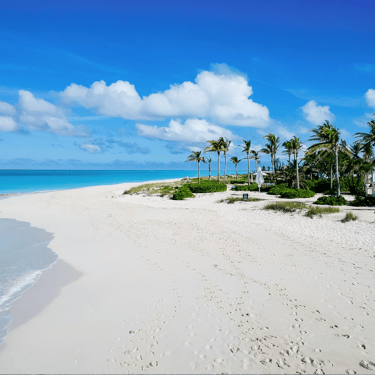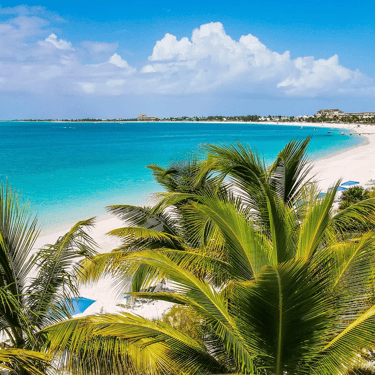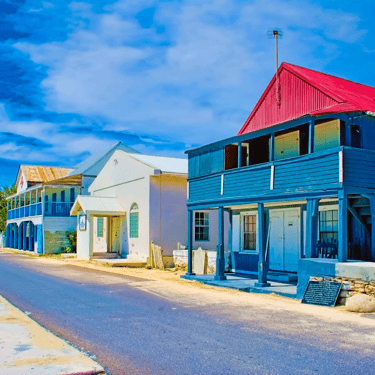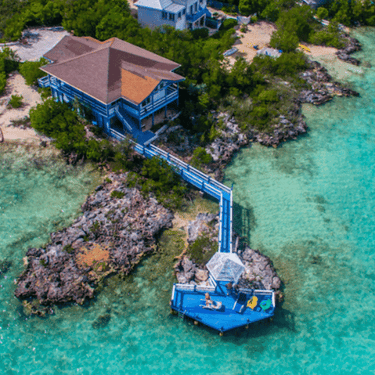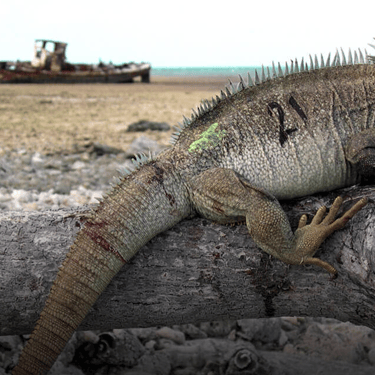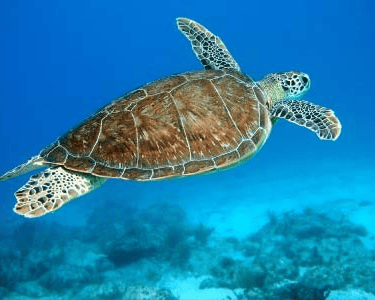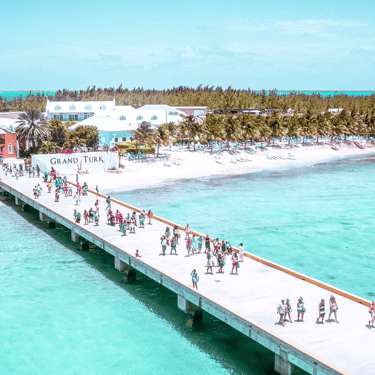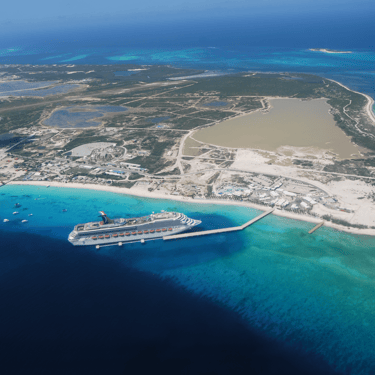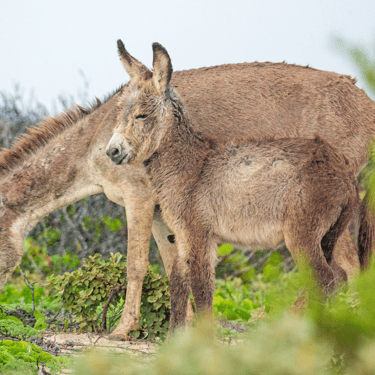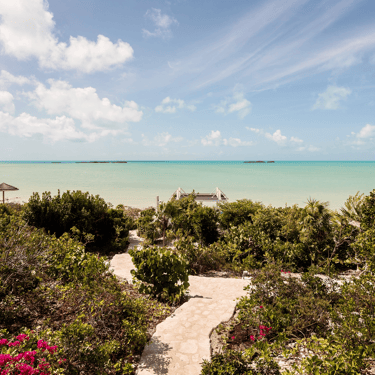
Turks & Caicos Islands
General information
The Turks and Caicos Islands (TCI) form the south-eastern extremity of the Bahamas chain and lie north of Haiti and south-east of Miami.
The Territory comprises some 40 islands and cays. Six islands are permanently inhabited: Grand Turk – the capital; Salt Cay; South Caicos; Middle Caicos; North Caicos; and Providenciales.
TCI Islanders account for about one third of the total population: there are many immigrants from other Caribbean Islands and North America as well as significant numbers of illegal migrants. English is the main language.
The main religion is Christianity. Juan Ponce De Leon discovered the islands in 1512. Locals claim that the islands were the first landfall of Christopher Columbus in 1492. For several centuries the islands changed hands between the French, Spanish and British.
They remained virtually uninhabited until 1678 when they were settled by a group of Bermudians who started to extract salt and timber. The islands became part of the Bahamas in 1799.
In 1848 the islanders were granted separate colonial status with an elected Legislative Board and an administrative President. From 1872 until 1962 the islands were part of Jamaica. In 1959 an Administrator for TCI was appointed.
From 1965 until 1973 the Governor of the Bahamas was also the Governor of TCI. Since 1973 the islands have had a Governor in their own right.
Governance
In 2009 a Commission of Inquiry concluded that there was a high probability of systemic corruption among Ministers, members of the legislature and public officials in the former TCI Government.
As a result of these findings, parts of the Constitution providing for Ministerial Government and the House of Assembly as well as the automatic right to trial by jury were suspended.
Powers and functions previously exercised by Ministers are – at the time of publication – exercised by the Governor acting in his discretion.
A Special Investigation and Prosecution Team (SIPT) consisting of former police oficers, lawyers and senior counsel from the UK was appointed to investigate matters identified in the 2009 Commission of Inquiry report.
A prominent international law firm was appointed to carry out civil recovery work. An FCO/DFID joint Written Ministerial Statement in December 2010 set out eight milestones that would have to be met before elections could take place:
> Implementation of a new Turks and Caicos Islands Constitution Order, in support of recommendations of the Commission of Inquiry, which underpins good governance and sound public financial management;
> Introduction of a number of new Ordinances, including those making provision for: (i) the electoral process and regulation of political parties; (ii) integrity and accountability in public life; (iii) public financial management;
> Establishment of robust and transparent public financial management processes to provide a stable economic environment and a strengthening of the Turks and Caicos Islands Government’s capacity to manage its public finances;
> Implementation of budget measures to put the Turks and Caicos Islands Government on track to achieve a iscal surplus in the financial year ending March 2013;
> Implementation of a transparent and fair process for acquisition of Belongership;
> Significant progress with the civil and criminal processes recommended by the Commission of Inquiry, and implementation of measures to enable these to continue unimpeded;
> Implementation of a new Crown Land policy;
> Substantial progress in the reform of the Public Service.
On 12 June 2012 the UK Government announced that it judged there had been significant and sufficient progress on the eight milestones and on putting in place robust inancial controls and set 9 November as the date for elections.
Economy
In the last thirty years TCI has developed from being dependent on budgetary aid and technical assistance from the UK (until 2003) to a territory with a booming economy based primarily on tourism, with a small financial services sector.
The Territory has become a popular up market holiday destination.
By 2007 TCI had a per capita income of US$23,768. Growth hit a peak of 15% per annum.
However in 2008 TCI’s economy was hit by the global financial crisis and by Hurricane Ike which caused widespread damage.
The economy suffered further in 2009 when the gross mismanagement of public finances, corrupt practices and unsustainable levels of debt servicing were revealed following the suspension of parts of the Constitution.
In 2011, in response to the unfolding financial plight of the Turks and Caicos Islands Government, DFID put in place a five year guarantee with commercial lenders, to provide the TCI Government with access to a maximum capital amount of US$260 million over the guarantee period.
A Chief Financial Officer was appointed to meet the urgent task of addressing the TCI Government’s structural deficit.
Once the Territory is in fiscal surplus it will be able to start to pay off its debt and should, after the five year period is over, if not before, be able to secure new and reduced bank lending without the need for a UK Government guarantee.
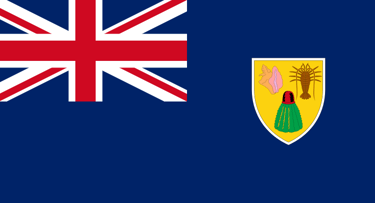

Location

Turks & Caicos Islands – wildlife and heritage
Turks & Caicos Islands flag
Key facts
> Currency - US Dollar
> Population - 44,542
> Capital - Cockburn Town, Grand Turk
> Government Website - www.gov.tc
